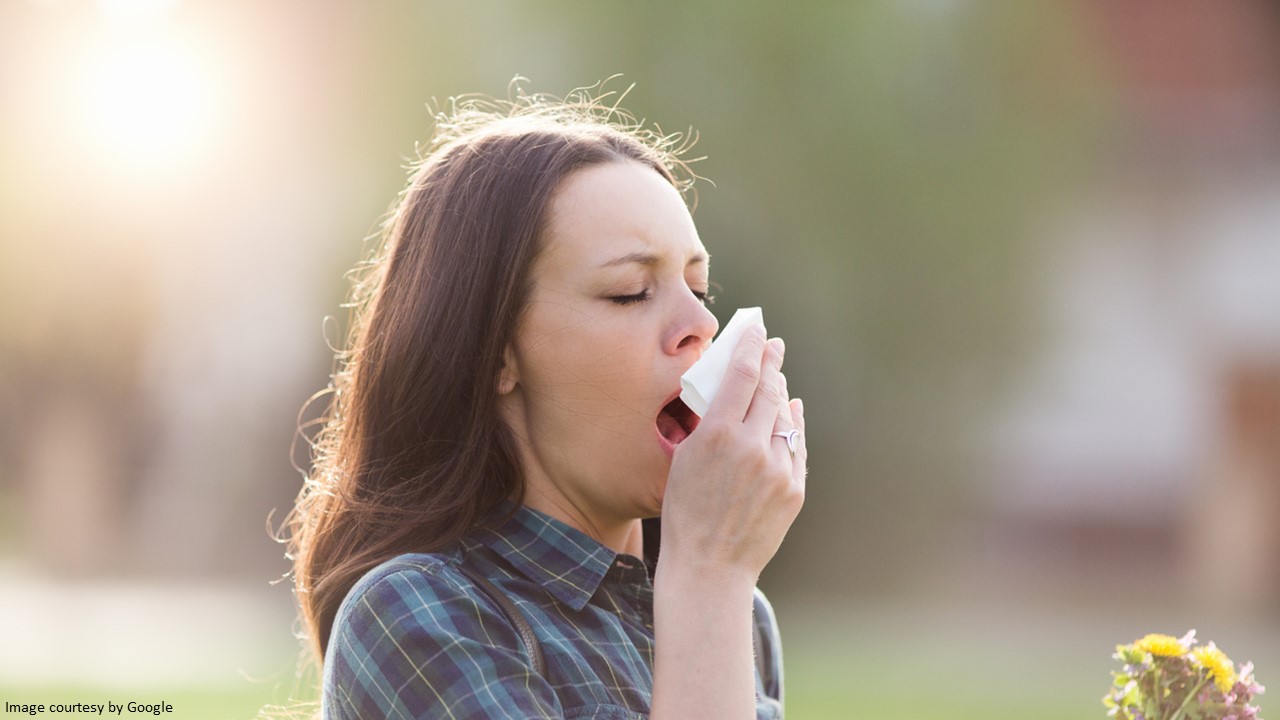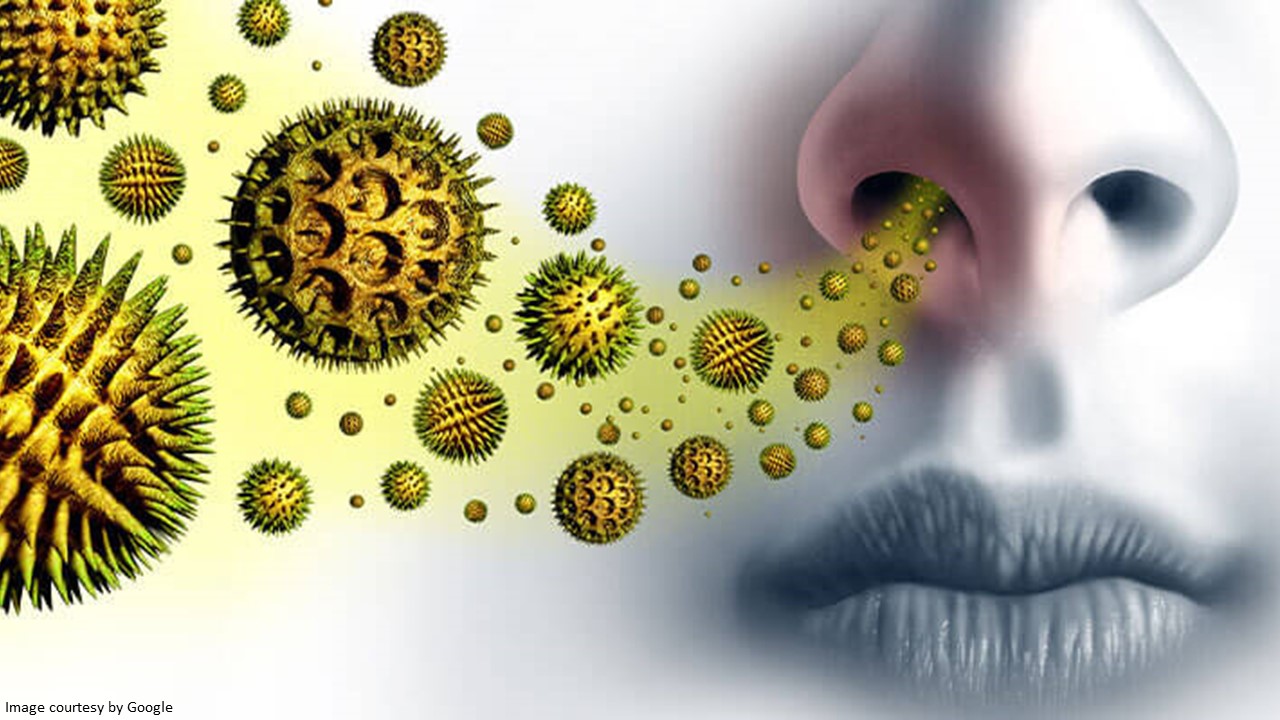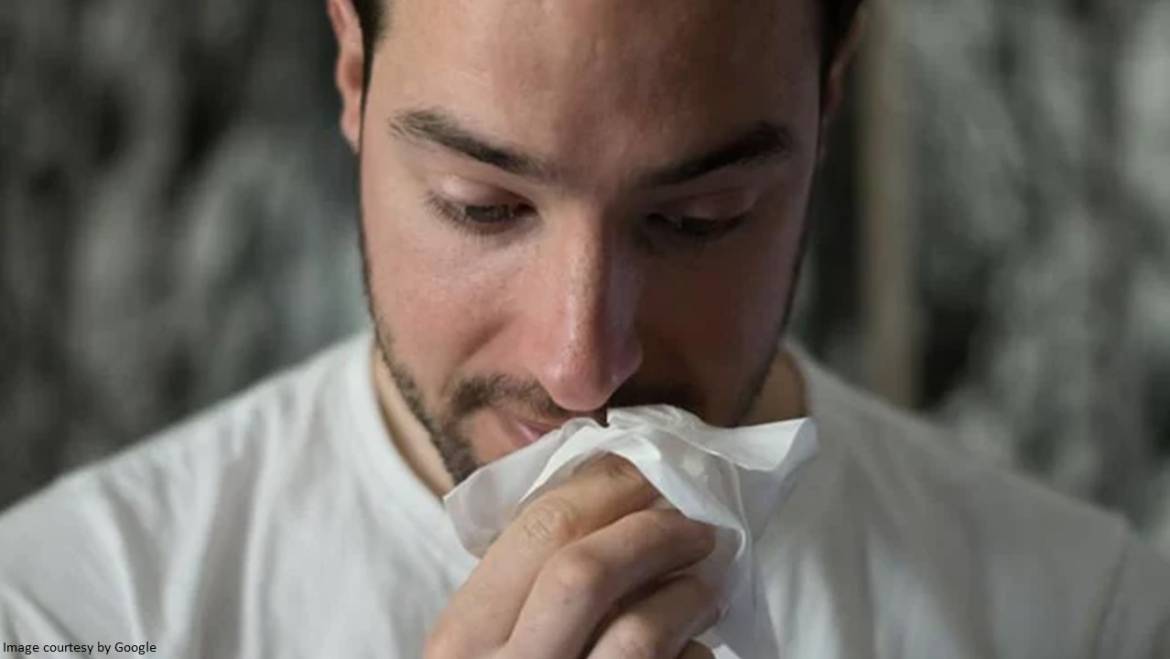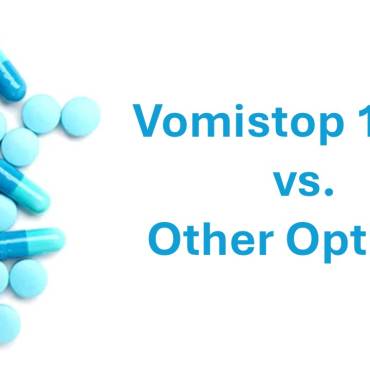Avoiding allergens that trigger symptoms is the best medicine for year-round allergic rhinitis. Conventional drugs are also available to treat seasonal allergies, with pills like Ciplactin that address the root cause of the problem. Alternative treatments, like certain natural remedies, offer natural allergy relief and help prevent allergies.
Allergies can greatly impact your life and affect you and your family in other important ways, such as poor performance at the office or school due to inability to concentrate, time lost from work, etc. Signs of allergies include a runny nose, pain or tenderness around cheeks, coughing, wheezing, breathlessness, diarrhea, feeling sick, itchy skin, swollen eyes, lips, mouth, or throat.
It is sometimes hard to identify if you are witnessing an allergic reaction or a cold. Recognizing patterns of your allergy is an essential step in taking control of them. If you are among the millions of people who suffer from an allergic reaction, you may suffer from congestion, runny nose, sneezing, and other troublesome symptoms. Seasonal allergies, also known as hay fever and allergic rhinitis, can make your life miserable. Spring season, flower buds, and blooming trees may be the culprit. But before settling for artificial stuff like plastic flowers, try these simple strategies to avoid allergic reactions.
Allergy Treatment
Seasonal allergy treatment involves various approaches, including seasonal allergy medicine and other allergy shots. Seasonal allergy treatment includes oral antihistamines such as cetirizine and Benadryl. Antihistamines are also considered the best allergy medicine for pollen. They block histamine chemicals your immune system produces when your body identifies something normal. Moreover, antihistamines can also be used as a medicine reaction treatment at home. Pollen allergy treatment also includes decongestants (either oral or nasal spray). Over-the-counter allergy medicines can help reduce the inflammation and mucus production that causes cough. Using a humidifier or inhaling steam is the best allergy cough treatment. One can consult a doctor to get the best medicine for seasonal allergies.
Home remedies for allergic reactions include herbal preparations, nasal sprays, teas, and even acupuncture. Allergies can affect your quality of life, so it is important to consider relevant home remedies for seasonal allergies.

Minimize Exposure to Trigger Allergy
There is a variety of pollen allergy home remedies and preventative steps that an individual can take to reduce their allergy symptoms. Follow these steps to reduce exposure to allergens that trigger an allergic reaction and seasonal allergy symptoms:
-
- Stay indoors, especially during windy days; the best time to perform outdoor activities is after a good rain when pollens clear from the air.
- Avoid weed pulling or gardening chores, which may stir up allergens.
- After coming from outside, change your clothes and immediately shower to rinse pollen from your skin and hair.
- Don’t hang your clothes outside; pollens can stick to bed sheets, sofa covers, and towels.
- Prefer wearing a dust mask if you perform outdoor activities.
- Be cautious when pollen counts are high.
- The symptoms of seasonal allergy flare up when the pollen count is high in the air. These tricks will help you reduce your exposure:
- Check out whether the forecast knows current pollen levels.
- If the pollen count is high, start taking medicines for allergy prevention before your symptoms appear.
- Close windows and doors, especially at night when the pollen count is high.
- Skip early morning activities when pollen counts are at a peak.
Improve Indoor Air Quality
Nothing can eliminate all allergens from the air in your home, but these recommendations may help:
-
- Use air conditioning not only in your house but also in the car.
- Try to keep the air dry with a dehumidifier.
- Consider installing a high-efficiency particulate air (HEPA) filter in your bedroom.
- Use a vacuum cleaner with a HEPA filter to clean the floor.
- After discussing it with a doctor, try an over-the-counter (OTC) product or Ciplactin 4 mg.
A wide range of over-the-counter or OTC products are available to ease allergy symptoms, and these may include antihistamines (medicines to relieve itching, sneezing, watery eyes, and a runny nose), nasal sprays To reduce allergy symptoms without serious side effects), decongestants (to provide temporary relief from nasal stuffiness), and combination medicines (for example – a combination of an antihistamine and decongestants.
Rinse your Nasal Passage
One of the common natural remedies for allergies is rinsing your nasal passages with saline preparation. It is an effective way to relieve nasal congestion and associated symptoms. Rinsing flushes out allergens-filled mucus from your nose. You can also use a neti pot for nasal rinsing, and you can quickly get this from a local drug store. Use sterile or filtered water to make up the saline solution.
When these tricks are not enough for allergy prevention, and your seasonal allergy symptoms are still bothersome, don’t give up; various medical treatments are available for allergy prevention. For some people, ciplactin 4 mg can be a good option.

Other natural remedies for relieving allergies
Here are some convenient and inexpensive natural remedies for seasonal allergies.
- Vitamin C
You can use Vitamin C as an allergic rhinitis treatment at home. Vitamin C is available from several food sources, including peppers, citrus fruits, and berries. Studies show vitamin C has improved runny nose, itching, and other symptoms. Lemon (Vitamin C)and honey are considered among the most effective natural remedies for hay fever. - Honey
One example of pollen allergy treatment at home is eating raw honey. Honey is known to reduce inflammation, which could help relieve inflammation in the airways and make breathing easier.
- Acupuncture
Accupunction is a home remedy for allergies. However, there are no large, controlled trials to verify its effectiveness.
- Herbal teas
Having herbal teas is another example of allergy treatment at home. Herbal preparations may have anti-inflammatory effects, which help reduce allergy symptoms.
- Maintain relative humidity in your home.
Maintaining relative humidity below 50% is an example of dust allergy treatment at home. Keep a humidifier to measure humidity levels. Choose your bedding wisely.
-
- Home remedies for food allergy itching include:
- Sipping ginger tea
- Eating probiotics
- Taking antihistamine
All these remedies can help ease discomfort caused by food allergies and help you feel better.
Also Read: Understanding allergies: causes, symptoms, and treatment



